My paternal family is one of many Yemenite Jews who lived in Yemen for centuries. They lived in the Northern part of the country leading a fairly calm life and were mainly in good relations with their neighbours. They were artisans in various trades, jewellers, tailors, carpenters, builders, teachers and Torah scribes. In 1909 they decided to leave everything behind and with only modest belongings embark on a journey to return to the Holy Land. When I asked my father what made them chose to leave their birth place and immigrate to Israel, he replied “it was for the Love of Zion.”
For decades they yearned to return to the Land of Israel, they prayed for it and engraved their longings in poems and scripts. Not a day went by without them wishing to return to a land that was largely unknown to them, but they knew, that there lie their deep and undeniable roots.
When I started writing the book about my family’s history, I quickly realized that it was leading me on a journey into the incredible story and history of the Yemenite settlement in Rishon Lezion, my hometown. Located between Tel Aviv and Ashdod, today it is the fourth largest city in Israel, but back then, in the early 1900s, it was only a small village or Moshava, as we call it in Hebrew.
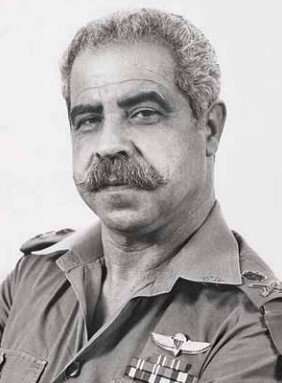
My grandparents’ voyage to Zion commenced in the town of Haidan in Northern Yemen. They embarked by foot, through the desert over 100 kilometres, to Midi Port and arrived by boat to Jaffa during the Jewish Holiday of Succoth. They were immediately taken to Rishon Lezion, where veteran Jewish settlers were looking for labourers to work on the fields and vineyards. Their new home was a simple barrack and although it was meant to be just a temporary arrangement, it was only 14 years later, in 1923, when they moved into a permanent house. It was also a very modest dwelling, only two rooms, a cooking area and toilets in the garden.
Their first years were extremely difficult, not only financially, but also socially. They were not always treated well by the early immigrants for whom they worked and fought hard to integrate. They lived on the most basic resources, my father shared a room with his 6 siblings, but they thought nothing of it. Their love for the land of Israel, Eretz Israel, the fact that they lived so close to Jerusalem, and when they were praying in the morning, they are literally looking at Jerusalem—which was more than enough for them.
This small neighbourhood where my grandparents and several other families of Yemenite origin, made their home was named “Shivat Zion” meaning the Return to Zion in Hebrew. The first building built in that neighbourhood was the synagogue, which will mark its’ 100th anniversary this year. Once inaugurated, five Torah scrolls which my family brought with them from Yemen, were sacredly placed in the Holy Ark (Aron Hakodesh) of the synagogue.
In January 1948, Jacob, my uncle, was killed while defending his home town of Rishon Lezion. This was the beginning of Israel’s war of independence
As I mentioned, my grandparents had seven boys and since they were very religious people, they chose Biblical names for their sons, Abraham, Isaac, Jacob, David (my late father), Solomon, Avshalom and Josef. They had only basic means, but raised their children with an abundance of love. When you are surrounded by so much love, you can happily live with the absence of so many other things. In January 1948, Jacob, my uncle, was killed while defending his home town of Rishon Lezion. This was the beginning of Israel’s war of independence. Despite this ultimate sacrifice, my grandparents and their sons, never gave up and continued doing their utmost to bring about the establishment of the State of Israel. They all joined the armed forces and took up combat positions. One was among the soldiers of the first navy seals unit, others joined the paratroopers, my father was an officer and years later retired at the rank of Major-General, the first ever Major-General of Yemenite origin.

Of the 21 homes in this small neighbourhood, 5 have lost sons in the deadly battles for Israel’s independence. 5 families who not for a moment, after making this ultimate sacrifice, thought about leaving Israel, going back to Yemen or perhaps search for a more comfortable place. The children of these families grew up to be some of the most well-known names of the Israeli society. Avraham Tabib was a member of the First Knesset, the Israeli Parliament. Another was the singer Shoshana Damari, also known as First Lady of Hebrew Music, a cultural icon and laureate of the Israel Prize for her contribution to Israeli music. The famous author and poet Mordechai Tabib and many other prominent politicians, public figures and of course senior military officials, like my father, who served in the IDF for many years.
The story of my family, my roots and my upbringing had a profound impact on shaping the person I am today and played a major role in instilling the love for my country. As it happens from time to time, some children chose to follow in their parents’ footsteps and I am one example of that. My father was and still is, my role model. My wish was always to be like him, even today. As a child, I didn’t get to spend much time with my father. As an officer, he was mostly stationed on the front and we didn’t get to see him very often. He never saw me play basketball, and I was a pretty good player and he never took me to the cinema, although I very much loved films (something I have inherited from my mother). But whenever he could, he made sure to take me out and tour the country, to see our land. This is how I got know and experience the beauty of our country, Eretz Israel. He was so tired when he came home on the Fridays, but he always found time to take us around and tell us a story about the history and meaning of the various places we’d visit together.
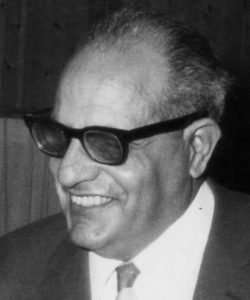
When I was 14 years old, I decided that as my father, I want to join the military academy. My mother refused, saying it’s enough having one full-time soldier at home. But then she heard that my cousin, who she considered to be a genius, didn’t pass the exams, she came to me with a big smile and said, Amir, you should go and try out, your cousin didn’t pass! So I did, and surprisingly, much to her disappointment, I was accepted and left home for the military academy’s boarding school. By doing so, I committed myself to 10 years of military service and embarked on a path that was not the easiest choice for a youngster. Life at the academy meant tough discipline, strict routine, including military exercises, with little time off. The academic studies took place in the Gymnasia Herzliya, the first Hebrew high school that was founded in 1905 in Tel Aviv and were also very demanding.
At 18 I began my compulsory military service and as all academy graduates, I too became an officer. I started as a commander in the paratroopers’ special forces and held several positions, starting as a platoon commander and later on, served as a company commander during which I took part in the Litani Operation in 1978. I participated in many military operations behind enemy lines, including the First Lebanon War, leading a paratrooper battalion. In the following years I filled various non-combat positions and completed my Bachelor degree in General History.
In 1989 I started contemplating my decision to pursue a military career and thought it might be time to explore other avenues. Was I destined to follow in my father’s footsteps or could I embark on a new path and fulfil a dream to become a lawyer. I went through the enrolment process and was accepted to Tel Aviv University, but my plans took an unexpected turn, when soon after I came across an ad by the Israeli Foreign Office calling for candidates to apply for their Cadet Course and become young diplomats. Now in Israel, when you are 30 years old, after a long military service, filling numerous commending positions, and participating in many combat operations, you don’t consider yourself young. You feel quite old and naturally someone who has already seen and knows everything. As the old Israeli joke goes, some young Israeli men can commit suicide by jumping from their ego to their IQ. Eventually I decided to give it a shot, and being humble as I am, I will avoid mentioning that I was one of 14 people chosen from over several thousands applicants, to join the Cadet course and work for Israel’s Ministry of Foreign Affairs.
This was a new beginning for me and as hard as it is to imagine, after serving in my last position as a Lieutenant-Colonel, I very willingly started a new career as a “private”. From being responsible for the lives of hundreds of soldiers and budgets of millions, I found myself in a position where in order to send an unclassified fax, I needed the supervision of a senior diplomat. What a dream job, no need to think! I was fortunate that the military had asked me not to retire and instead stay on active duty, while being seconded to the Foreign Service. That was a very good outcome for me as the income was much higher than for any other cadet. A win-win situation.
After several months, I was called in for a meeting with the Director-General, Mr. Merchav. He frankly said it was not easy to figure out what to do with someone of my experience and military background, but eventually he found the perfect role for me, Deputy Head of Mission at the newly reopened Embassy in Ethiopia. As the political and security situation in the country was grown very unstable, the State of Israel has decided to aid thousands of Ethiopian Jews who wished to immigrate to Israel. The ministry was looking for a commander to lead the preparations for this covert operation, later known as Operation Solomon. It was not an easy decision, but I knew then and there that I cannot refuse. I have just recently married and promised my wife Tal, to travel together to Paris, Rome or Bangkok and instead I am taking her to Addis Ababa… When she heard that the mission was to bring home our brothers and sisters from Ethiopia, she immediately agreed. In December 1990, on the 8th candle of Hannukah, we arrived in Addis Ababa and I commenced my first posting. My main responsibility was to manage and tend to the great number of Ethiopian Jews, who arrived to the Embassy compound with one wish—take us to Israel. During Operation Solomon we airlifted almost 15,000 Ethiopian Jews in Israeli planes from Addis Ababa to Tel Aviv.
In one’s life, there are some unique moments that you can never forget. This specific moment for me, is of particular relevance in light of recent global developments and the Israeli aid efforts in Ukraine. I clearly remember the exact time, the day was Friday, May the 24th at 10am. I was standing at the Addis Ababa International Airport, that back then had only one runway, and in the distance, two unmarked Boeing 707 were approaching for landing. It is impossible to describe exactly how I felt. Being an Israeli, I always had so many questions. About my country, my religion, and myself, but when I saw those two planes slowly descending, I only had answers. Because I knew, that there is only one country in the world, that will not spare any effort and do its utmost in order to bring its people home, to Israel.
After my mission in Ethiopia, I was posted to many other places, London, Canada, Turkey and Washington and until 2019, my last post before coming here (Canberra, Australia), I served as the first resident Ambassador to Lithuania. The story of my experiences and my sentiments from serving in a country with over 200 sites of killing pits and other places where Jews were brutally murdered by the Nazis and their collaborators, is probably a story for another time.

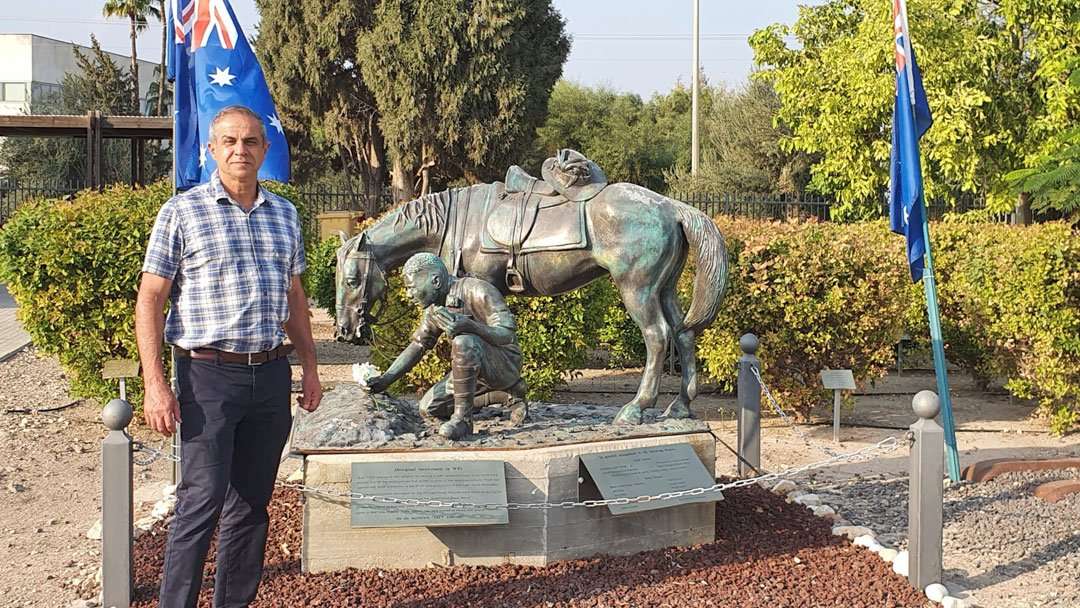
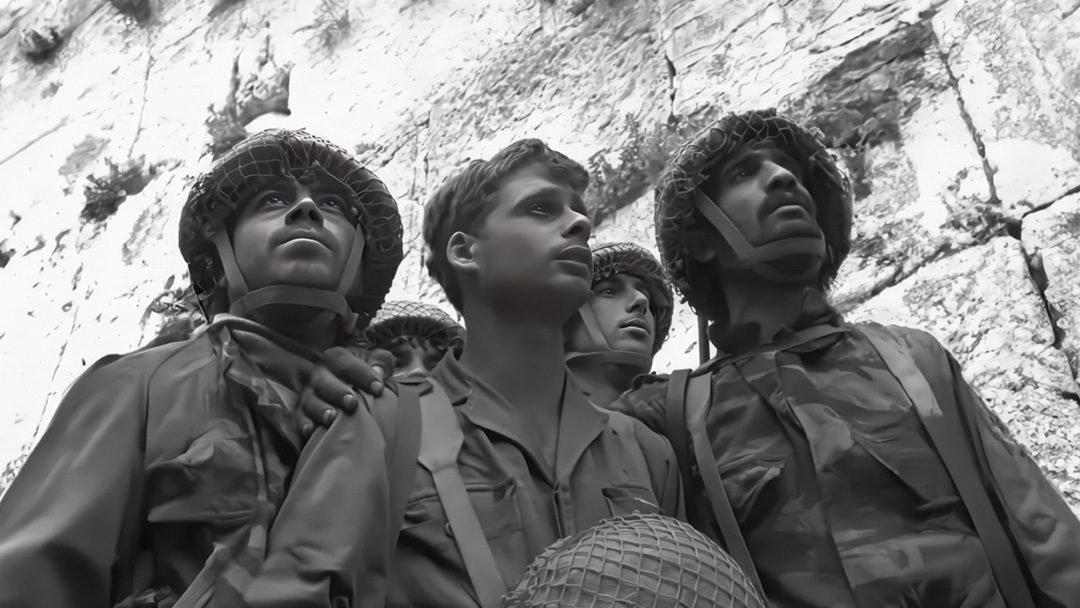
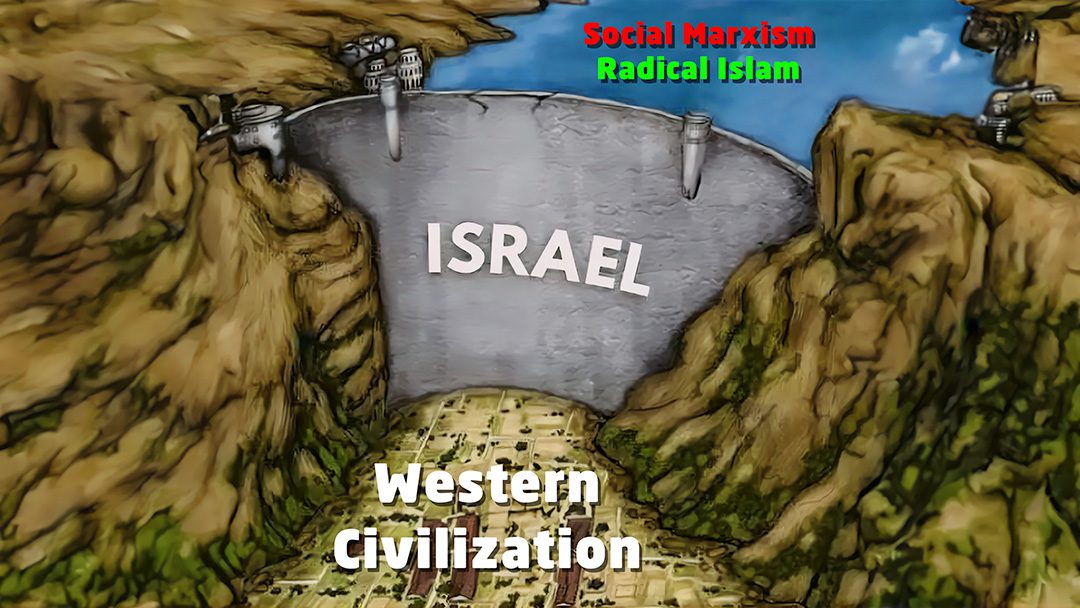
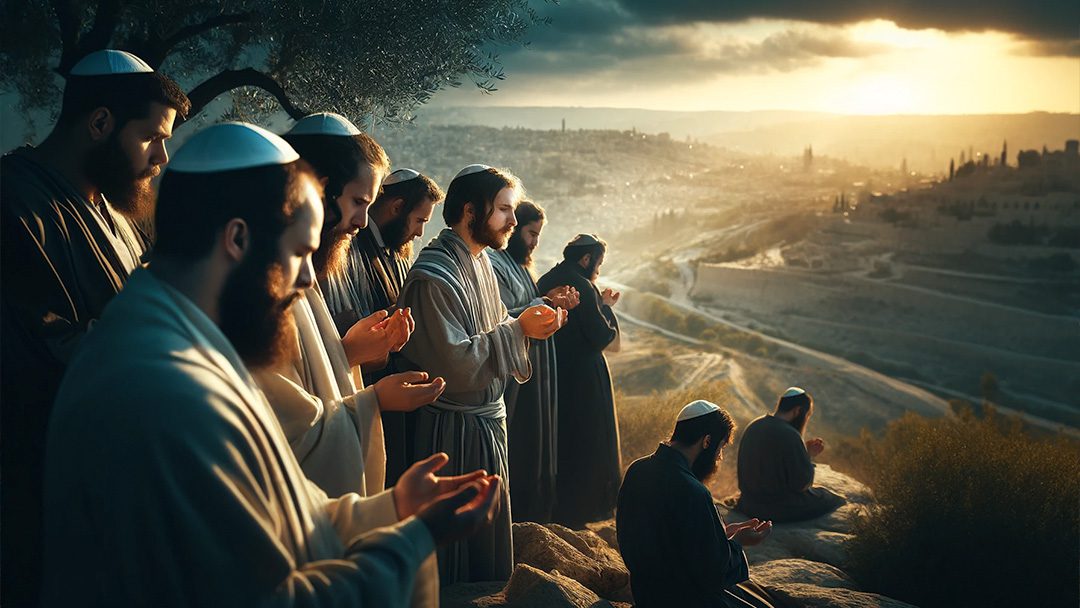
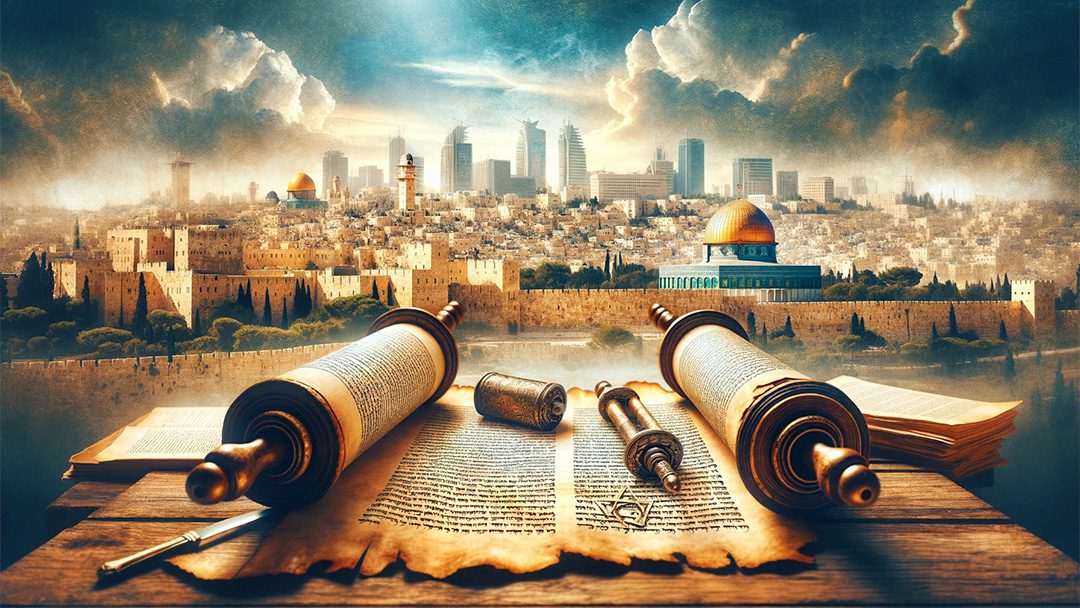
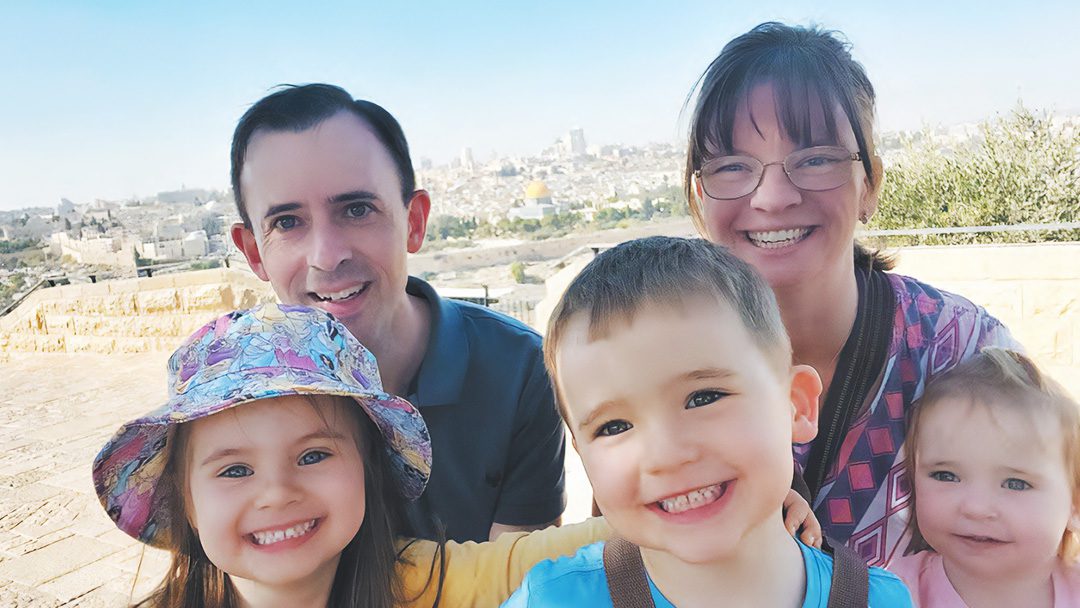





0 Comments